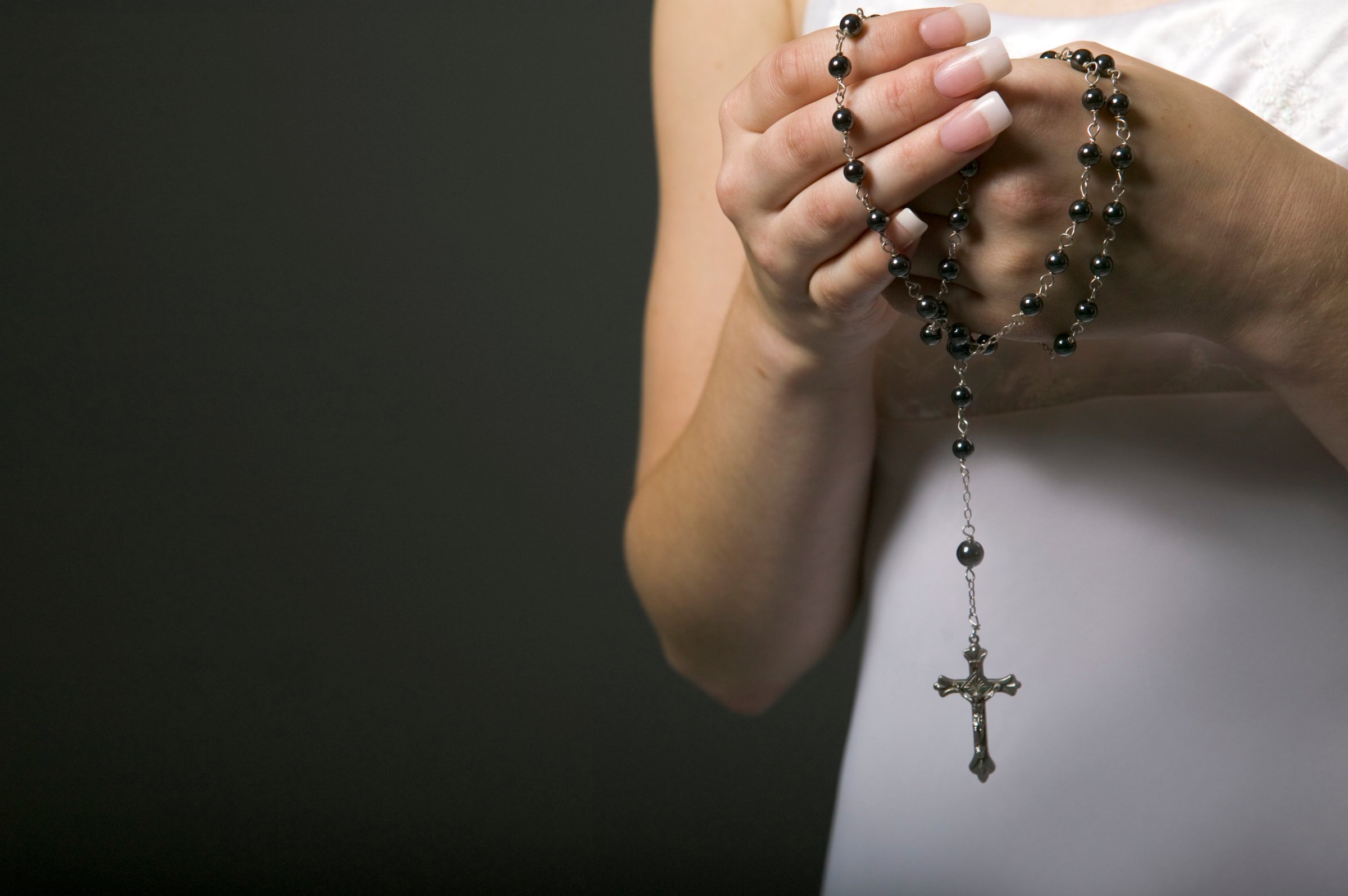
Growing up in the Republic of Ireland, I knew that abortion in my Catholic country was a very serious issue. Traveling around the world as I have—Poland, Portugal, Philippines or even to Philadelphia—I can see that the Catholic hierarchy has often over-invested in its concerns with the pelvic zone, and particularly abortion. Despite a massive investment by bishops’ conferences the world over, Catholic women still chose abortion. Here in the U.S., they have abortions at the same rate as those of other faiths and no faith. So how it that a Catholic can choose to have an abortion in good faith?
The offhand rhetoric from a bishop or priest leaves out quite a bit of information when it comes to the complexity of Catholic teaching on abortion. However, in Catholic theology there is room for the acceptance of policies that favor access to the full range of reproductive health options, including contraception and abortion.
At the heart of church teachings on moral matters is a deep regard for an individual’s conscience. The Catechism states that “a human being must always obey the certain judgment of his conscience.” The church takes conscience so seriously that Richard McBrien, in his essential study Catholicism, explained that even in cases of a conflict with the moral teachings of the church, Catholics “not only may but must follow the dictates of conscience rather than the teachings of the Church.” Catholics are obliged to know and thoughtfully consider Catholic teaching, but in the end, a well-formed conscience reigns.
Although the Catholic hierarchy says that the prohibition on abortion is both “unchanged” and “unchangeable,” this does not comport with the actual history of teaching and dissent within the church.
The Catechism contains only six paragraphs on abortion, including: “Since the first century the Church has affirmed the moral evil of every procured abortion. This teaching has not changed and remains unchangeable.”
The Catholic church has long taught that abortion is a sin, but the reasons have changed over time. The early prohibition of abortion was based on a belief that only people who engage in forbidden sexual activity would attempt abortion. Many church officials and antichoice Catholics now focus on the argument that the fetus is a person from the moment of conception. This view, however, is based on faulty science from the 17th century, when scientists looked at fertilized eggs through primitive microscopes and imagined that they saw fully formed animal fetuses.
The church hierarchy has since rejected the notion that a fetus is a fully formed person. In its most recent statement, the 1974 Declaration on Procured Abortion, the Vatican acknowledged that it does not know when the fetus becomes a person: “There is not a unanimous tradition on this point and authors are as yet in disagreement.” Neither St. Augustine nor St. Thomas Aquinas, two of the most important Catholic theologians, considered the fetus in the early stages of pregnancy to be a person.
Even in a predominantly Catholic country, laws governing access to abortion need not adhere to the official Catholic position. The Second Vatican Council’s Declaration on Religious Freedom called Catholics to respect other faiths. This is significant, given that the Catholic church’s position on abortion is more conservative than other major faith groups. Catholics can and do support public policies that appreciate the Catholic tradition while honoring others’ freedom.
Infallibility doesn’t mean that whatever the pope says cannot be questioned. Since the doctrine of papal infallibility was declared in 1870, only three teachings have been declared infallible: the Immaculate Conception of Mary; the Assumption of Mary; and the declaration on infallibility itself—not the teaching on abortion.
The church’s teaching authority is not solely based on the hierarchy; it includes the work of theologians and the lived experience of Catholic people. Leading theologians diverge from the Vatican’s teaching on abortion. As long ago as 1973, noted Catholic theologian Charles Curran wrote that “there is a sizable and growing number of Catholic theologians who do disagree with some aspects of the officially proposed Catholic teaching that direct abortion from the time of conception is always wrong.”
The concept of reception means that a church law must be accepted by Catholic people in order for it to effectively guide the community. Many of the hierarchy’s teachings on reproductive issues have not been received by the faithful. Worldwide, Catholics have soundly rejected the church’s ban on contraception. In many countries only a minority of Catholics agree with church leaders on abortion.
Catholics disagree with the hierarchy’s stance, even without knowing the background that supports Catholic women making a moral and ethical decision to have an abortion. So often, the complexity about the teaching on abortion goes unmentioned, either because the hierarchy isn’t aware of it or ignores it. However, Catholic women are wise. They know that when it comes to decision about reproductive health, following their conscience is the best thing they can do.
More Must-Reads from TIME
- Donald Trump Is TIME's 2024 Person of the Year
- Why We Chose Trump as Person of the Year
- Is Intermittent Fasting Good or Bad for You?
- The 100 Must-Read Books of 2024
- The 20 Best Christmas TV Episodes
- Column: If Optimism Feels Ridiculous Now, Try Hope
- The Future of Climate Action Is Trade Policy
- Merle Bombardieri Is Helping People Make the Baby Decision
Contact us at letters@time.com